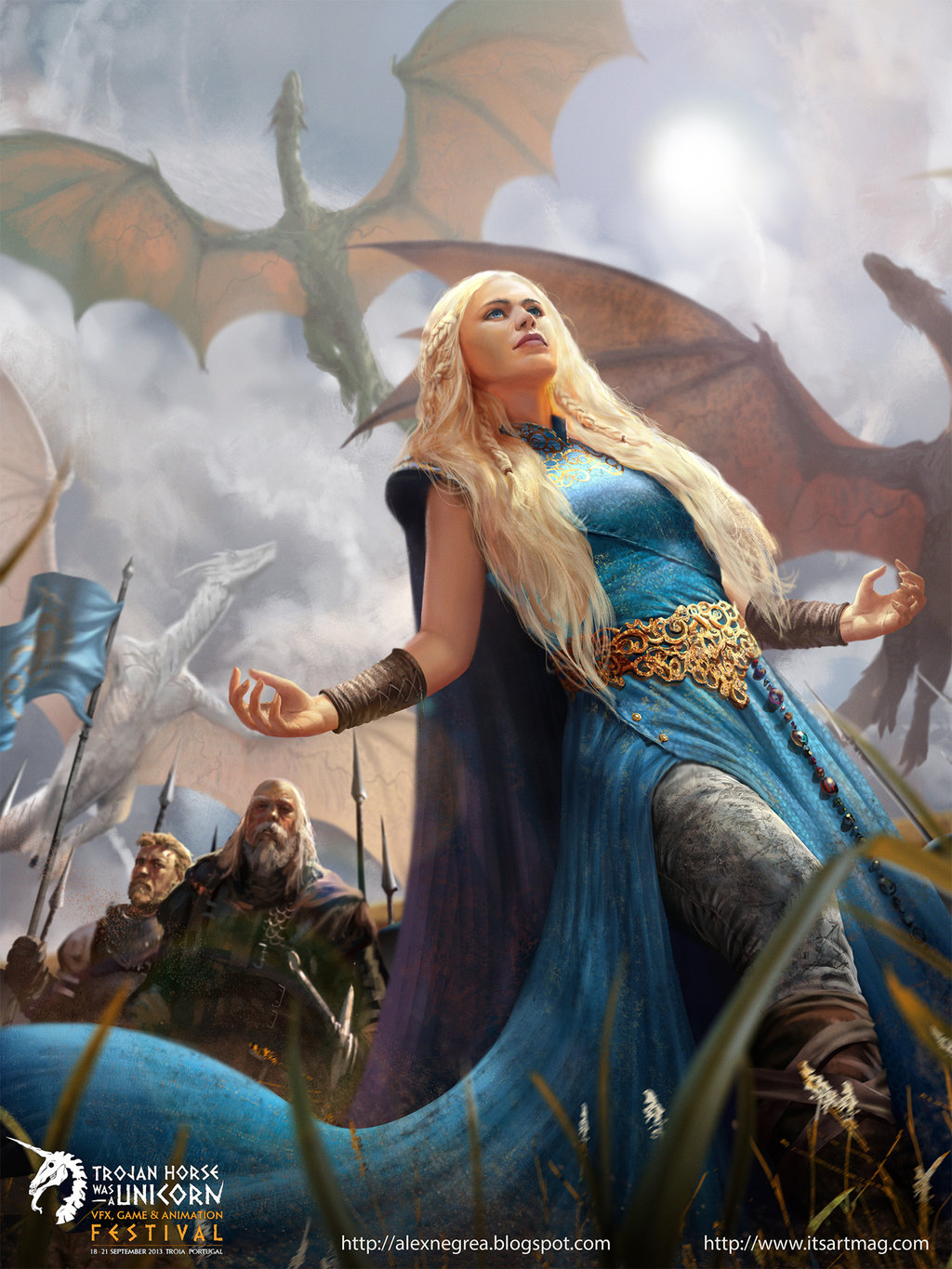The term "Mother of Dragons" has transcended its roots in popular culture to become a universal symbol of strength, empowerment, and resilience. With its origins deeply entrenched in the world of fantasy literature and television, this iconic title conjures imagery of fire-breathing beasts, iron wills, and indomitable leadership. Whether you’re a die-hard fantasy enthusiast or someone drawn to tales of courage and transformation, the Mother of Dragons has a story that resonates with all. But who, or what, embodies this powerful archetype? Let’s dive into the fascinating history, significance, and lessons we can learn from this enduring figure.
The Mother of Dragons is more than just a character title; it represents a journey of growth, struggle, and eventual triumph. This term is most famously associated with a fictional character, Daenerys Targaryen, from the globally acclaimed series *Game of Thrones*. However, its cultural impact extends far beyond the books and television screens. The phrase has become synonymous with a unique blend of maternal instinct, fiery determination, and the relentless pursuit of justice. It’s no wonder that fans and scholars alike continue to examine the deeper meanings behind this compelling title.
In this article, we’ll explore the multifaceted legacy of the Mother of Dragons, delving into her origins, her role in modern storytelling, and the broader implications of her character. We’ll also uncover how this title has captured the imagination of millions worldwide and what it teaches us about leadership, courage, and humanity. Whether you’re new to the concept or looking to deepen your understanding, this detailed guide will leave no stone unturned.
Table of Contents
- Biography of the Mother of Dragons
- The Origins of the Title: Myth and Fantasy
- Character Arc of Daenerys Targaryen
- Symbolism Behind the Dragons
- Leadership Lessons from the Mother of Dragons
- Maternal Instinct and the Dragons
- The Role of the Mother of Dragons in Popular Culture
- Feminism and Empowerment
- Controversial Moments and Criticisms
- Fan Theories and Alternate Interpretations
- Iconic Quotes and Their Impact
- Merchandise and Commercial Influence
- Adaptations and Spin-offs
- Cultural Impact and Legacy
- Frequently Asked Questions
Biography of the Mother of Dragons
The Mother of Dragons, most famously personified by Daenerys Targaryen, is a fictional character from George R.R. Martin’s *A Song of Ice and Fire* book series and its television adaptation, *Game of Thrones*. Daenerys, often referred to as Dany, is one of the last surviving members of House Targaryen, a dynasty that once ruled the Seven Kingdoms of Westeros. Born during a great storm, she earned the nickname "Daenerys Stormborn."
Daenerys’s journey begins in exile, where she is raised with her older brother, Viserys. Her life takes a pivotal turn when she is married off to Khal Drogo, a powerful Dothraki warlord, as part of her brother’s plan to reclaim the Iron Throne. Despite the challenges of her new life, Daenerys evolves into a fearless leader and, eventually, the Mother of Dragons—a title she earns after hatching three dragon eggs gifted to her during her wedding. These dragons, named Drogon, Rhaegal, and Viserion, become both her children and her ultimate source of power.
Below is a detailed table of her personal details:
| Attribute | Details |
|---|---|
| Full Name | Daenerys Targaryen |
| Nickname | Mother of Dragons, Daenerys Stormborn |
| Origin | Dragonstone, Westeros |
| Parents | Aerys II Targaryen (father), Rhaella Targaryen (mother) |
| Dragons | Drogon, Rhaegal, Viserion |
| Portrayed By | Emilia Clarke (in HBO’s Game of Thrones) |
| Titles | Queen of Meereen, Khaleesi of the Great Grass Sea, Breaker of Chains, etc. |
Through her trials and triumphs, Daenerys embodies the essence of the Mother of Dragons—an unwavering commitment to justice, a deep sense of responsibility, and the courage to fight for what she believes in. Her story is a compelling narrative of transformation, making her one of the most iconic characters in modern storytelling.
The Origins of the Title: Myth and Fantasy
The concept of the Mother of Dragons is steeped in mythological and literary traditions. Dragons, as mythical creatures, have long been associated with power, wisdom, and destruction. In many cultures, they symbolize a duality of creation and annihilation, serving as protectors in some tales and harbingers of doom in others. The idea of a maternal figure connected to dragons, however, adds a unique layer of depth and complexity to these legends.
In the next sections, we’ll continue to explore the intricate details of the Mother of Dragons, unraveling the many layers that make her such a compelling figure in both fiction and reality.
Article Recommendations
- Sarah Silverman Tits
- Everything You Need To Know About Jayson Tatums Wife And Personal Life
- Fresh Flavor Fusion Ice Spice Dunkin Donuts Collaboration

